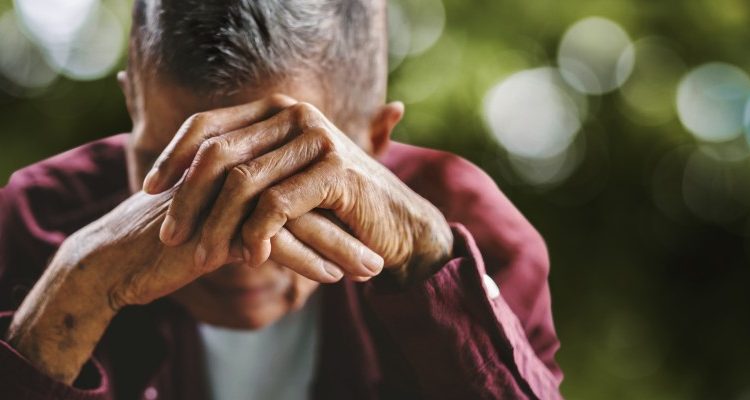
The Court has Spoken in Kasem vs. Kasem: Isolation is Elder Abuse
In the end, the man who told us all to “keep your feet on the ground and keep reaching for the stars” could have died without seeing his family if it were not for his fiercely loyal adult children from his first marriage, Julie, Kerri, and Mike. Kerri launched a court battle against her father’s second wife, Jean Kasem, to honor Casey Kasem’s end of life wishes and to enforce his right to see his children. Thanks to their legal advocacy, Kerri, Julie and Mike were able to spend the last day of their father’s life with him on Father’s Day, June 15, 2014.
The infamous Kasem vs. Kasem court case proved that Casey Kasem did make his wishes for end-of-life care known – as early as 2007 – and that he wanted his daughter, Kerri, to make healthcare decisions for him. He visited his adult children often until his second wife, Jean, barred Casey’s children from visiting. She even moved Casey in the middle of the night against medical advice to an undisclosed location, and she enforced a period of extended isolation for the beloved radio host.
A behind-the-scenes podcast series, Bitter Blood, features interviews with principals from the famous case, including Martha Patterson, who represented Kerri. The series details previously unreported information about the legal wrangling for decision-making authority in this well-known but conflicted family. While Patterson, a certified elder care attorney, concluded that not much could have been done to prevent what became a twisted legal mess, she emphasizes the importance of having a signed Health Care Directive, which is called an Advanced Health Care Directive in Georgia. The Advanced Health Care Directive offers seniors a legal way to specify who should make health-related decisions for them if they are unable to do so.
Today, Kerri has expanded her fight to see her father into a national movement through a foundation, Kasem Cares, to combat elder abuse and isolation. Through the foundation’s advocacy for seniors, the Kasem Cares “visitation bill” or an equivalent law, has been passed in 21 states.
Let’s be clear: Isolation is a form of elder abuse, and no spouse, an agent under a health care directive, or a conservator has the right to keep someone from seeing their friends and family. If a loved one needs protection from a real or perceived danger, a court order is required to prevent visitation or to enforce supervised visitation.
Rescuing and protecting vulnerable seniors who have been exploited or abused is a complex task with wide-reaching legal ramifications. Through our experience in these matters over the years, we are uniquely qualified to help both individuals who are being abused and the family and friends who want to protect them.





